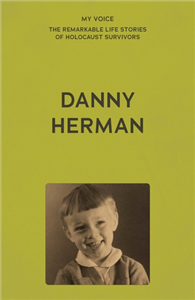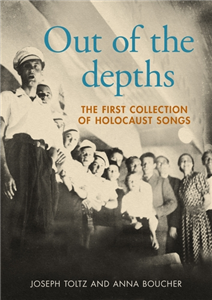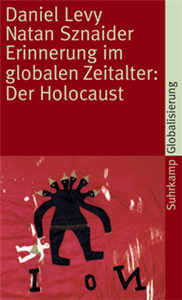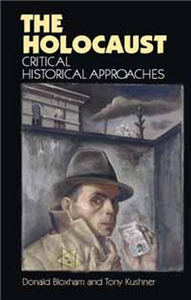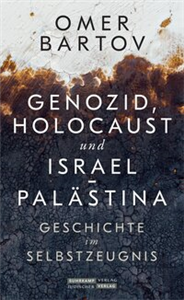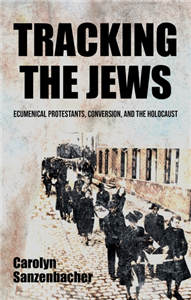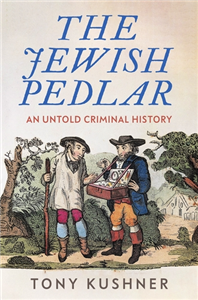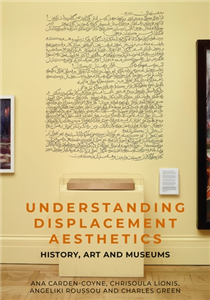Humanities & Social Sciences
January 2025
The first collection of Holocaust songs
Available for the first time in English translation, this collection of songs is a powerful memorial to the victims of the Holocaust.
In June 1945, before the full devastation of the Holocaust had emerged, a team of researchers embarked on a remarkable project. While documenting the experiences of Jewish refugees, they began to collect songs composed and sung in the Nazi camps and ghettos. The resulting book, Mima'amakim (Out of the depths), was published in a short run of 500 copies. Today, only a handful survive.
Out of the depths: The first collection of Holocaust songs presents the contents of this extraordinary document for a new generation of readers. Based on a copy of Mima'amakim discovered in 2013, it contains not only the songs' melodies and lyrics, the latter in a new translation by Joseph Toltz, but also short biographies of the composers, drawn from painstaking original research. Introductory essays provide historical and musicological background, deepening our knowledge of this terrible event and the creative means by which the Jewish people responded to and endured it.
Described by the original editor, Yehuda Eismann, as a 'memorial stone for Polish Jewry', the songbook is a timeless document of a people's despair, hope and strength.




